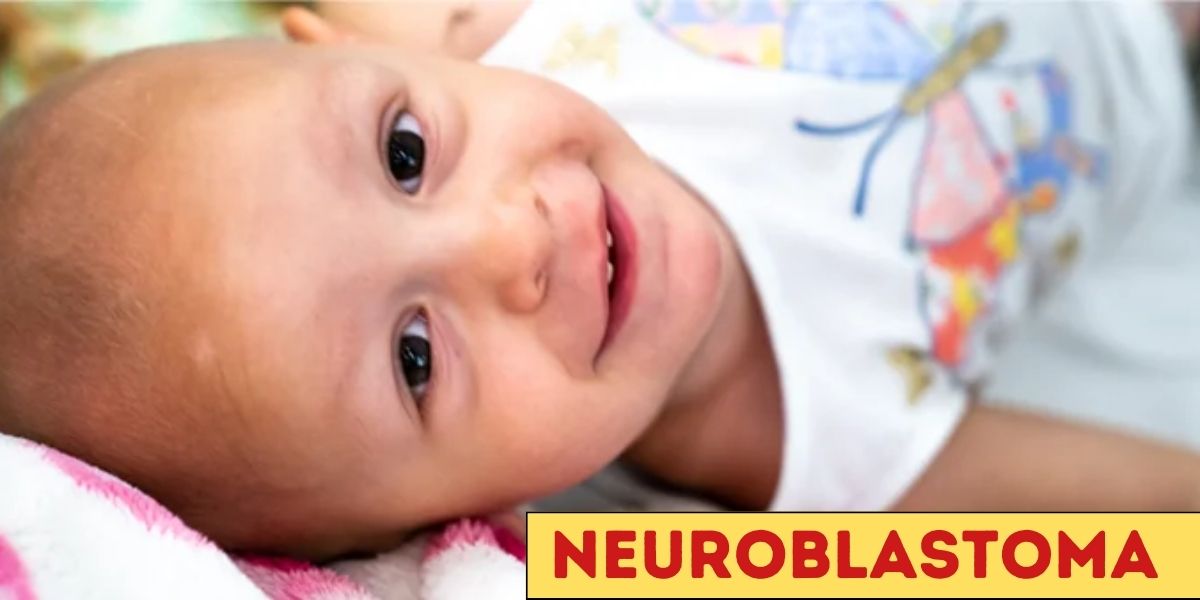Neuroblastoma is a rare type of cancer that mostly affects kids. In this blog, we’ll break down what causes it, the signs to look out for, how it’s diagnosed, and the different ways doctors can treat it.
What Causes Neuroblastoma?
Neuroblastoma happens when there are changes in certain cells as a child grows. While we’re not exactly sure why it occurs, family history and some things in the environment might have a role in it.
Signs of Neuroblastoma
- A lump or mass in the abdomen, neck, chest, or pelvis
- Bone pain
- Fever
- Weight loss
- Fatigue
- Changes in eating habits
Finding neuroblastoma early is super important. Keep an eye out for things like ongoing pain, lump changes in bathroom habits, or weight loss without a clear reason. Paying attention to these signs helps catch the problem sooner.
Figuring Out If It Is Neuroblastoma
Doctors use special tests like scans and sometimes a small sample from the area to figure out if it’s neuroblastoma. These tests help us understand how serious it is.
Ways to Treat Neuroblastoma
Treating neuroblastoma involves different approaches like surgery, medicine (chemotherapy), and special treatments using the body’s defenses (immunotherapy). Doctors choose the best plan based on how bad it is, the age of the child, and what the tumor looks like.
Surgery – Fixing the Problem
When possible, doctors remove the tumor through surgery. Skilled surgeons aim to take out the tumor without hurting the healthy parts around it.
Medicine and Other Treatments
Powerful medicines (chemotherapy) and targeted rays (radiation therapy) help fight the cancer. Sometimes, doctors use a mix of treatments to give the best chance of beating neuroblastoma.
New Hope with Immunotherapy
A cool new way to treat neuroblastoma is using the body’s defenses to fight it. This is called immunotherapy. Researchers are still learning, but it’s exciting progress.
Conclusion
Understanding what causes neuroblastoma, spotting the signs early, getting the right tests, and exploring different treatments are key to facing this tough cancer. By staying informed and working closely with doctors, we can make progress in fighting neuroblastoma and improving the lives of those dealing with it.




